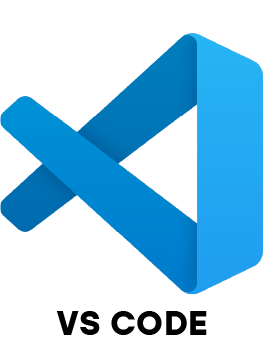- Join the Best Deep Learning Training Institute to Master AI & Neural Networks.
- Our Deep Learning Training Covers Everything From Basics to Advanced AI Models.
- Choose from flexible options such as weekday, weekend or fast-track batches.
- Gain Hands-on Experience by Working on Real world Projects Mentored by Experts.
- Earn a Globally Recognized Deep Learning Certification With Placement Support.
- Receive Guidance in Creating a Professional Resume and Excelling in Job Interviews.
Join Our 100% Job Guaranteed
Deep Learning Course
WANT IT JOB
Become a Deep Learning Engineer in 3 Months
Freshers Salary
3 LPA
To8 LPA
Quality Training With Affordable Fees!
INR
₹
INR
₹

10813+
(Placed)
5735+
(Placed)
6753+
(Placed)
4875+
(Placed)

























 Chennai Location
Chennai Location Bangalore Location
Bangalore Location